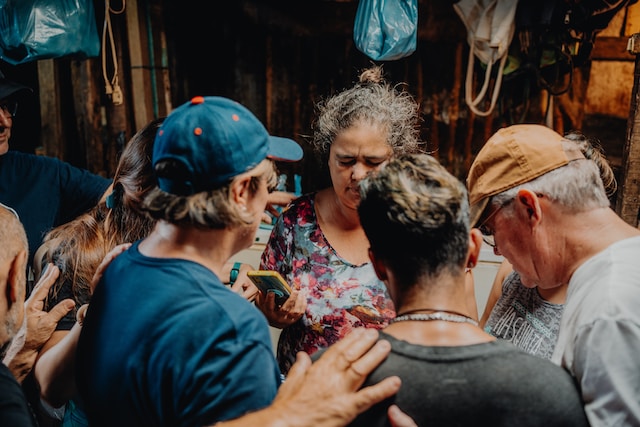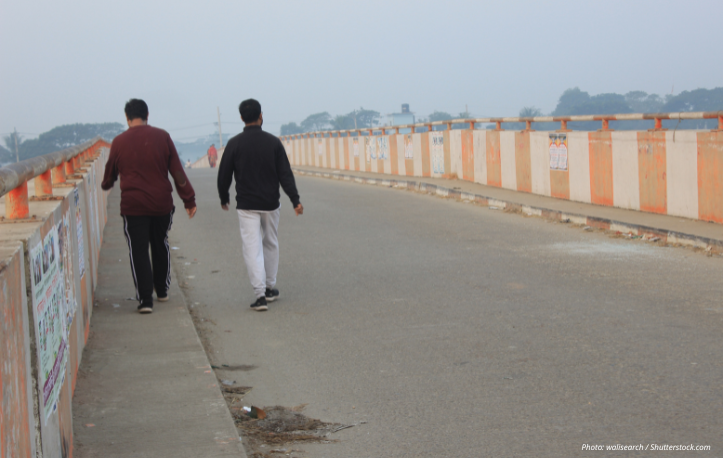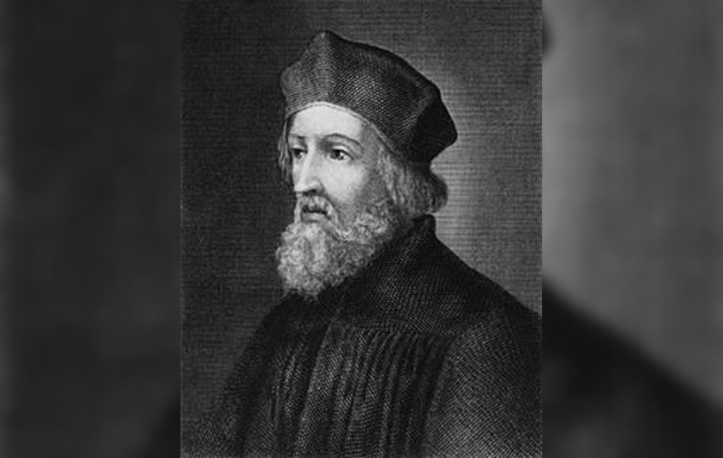January 1956
A breaking news flash echoed across the world: “Five Men Missing in Auca Territory”. It was 9 January 1956, and a team of missionaries striving to make peaceful contact with the Waodani tribe in Ecuador faced a tragic fate. The missionaries’ camp, named ‘Palm Beach’ on the Curaray River, had fallen silent. The discovery of their damaged plane heightened the sense of dread, culminating in the gruesome confirmation of the first body in the river on 11 January.
By Friday of that week, a team reached the campsite, burying four bodies and leaving one (Ed McCully) lost to the river’s currents. The world witnessed the shockwaves of this tragedy, which became a turning point for thousands of Christians globally. Despite the apparent waste of life, the void left by these men was filled by a new generation moved by their selfless sacrifice.
Within two years, Elisabeth Elliot and Nate Saint’s sister forged a lasting connection with the Waodani, initiating Bible translation into their language. The very men who committed the murder later became believers in the gospel. Steve Saint, despite his father’s death, became an adopted son of the tribe, revealing the miraculous transformation brought about by the painful arrival of the gospel among the violent Waodani.
This poignant incident illustrates that martyrdom is not always a direct result of rejecting the message but can stem from fear, suspicion, ignorance, or internal issues. The Waodani, caught in an intra-tribe squabble, resorted to violence, unaware that the missionaries sought peaceful contact. The attack, almost a diversion from their internal problems, ended in the deaths of the missionaries.
Years later, the full story revealed a remarkable outcome – the power of spiritual weapons, including the deaths of the missionaries, broke the chains of fear and violence that had long held the Waodani captive. Steve Saint, learning that Mincaye had dealt the fatal blow to his father, realised that God had used this unique mixture of events to defeat the power of fear and violence.
In the book, ‘The End of the Spear’, Steve Saint shares that forgiveness wasn’t a struggle for him. The deaths of his father and friends, even to his five-year-old mind, were part of God’s plan. The Waodani, once deemed impossible to reach, now reach out to others. Their experience with violence makes them keen observers of the world’s increasing fascination with hatred and violence, echoing a life they’ve been freed from.
The story of the Waodani reflects God’s deeper purposes unfolding over time. Occasionally, those paying attention witness these purposes shining through, leaving them amazed by the transformative power of faith in the face of tragedy.




Submit a Prayer